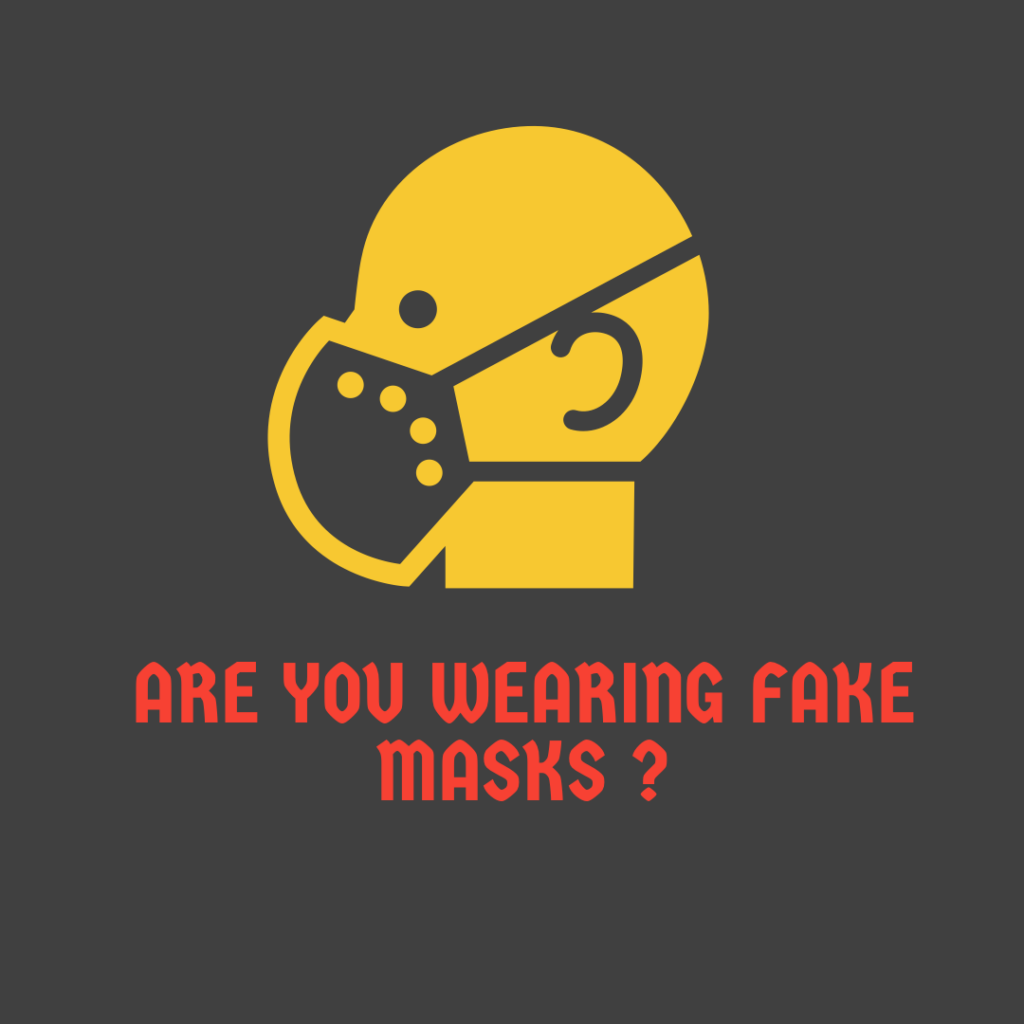
Under the shadow of the menacing pandemic, an alarming rise in the sale and distribution of counterfeits of medical equipment’s in India is putting the health of the public at large at risk. While certain incidents include third party mischief, such fraudulent sale through e-commerce websites raises glaring loopholes in our IPR and cyber laws in force. This article will analyse in depth the relevant laws and remedies for the aggrieved.
Brand owners whose products are counterfeited do not just bear the brunt of the economical loss, but also it has the capacity to hurt their customer base and goodwill associated with the brand. Such instances when it comes to the notice of the brand owner can be resolved quickly and efficiently through the court of law by filing a trademark infringement suit combined with ancillary reliefs. In India, the Bengaluru City Civil Court (CCH-10) which is the designated Intellectual Property Court and among the respective courts in the relevant jurisdictions are boldly providing quick and efficient remedy in the form of ex-parte ad interim injunctions to immediately cease the sale of such counterfeits where strong prima facie case in proved. Additionally, the courts are also providing the remedy of appointing a court commissioner to visit the premises and seize the products considering the gravity of the offence. Such quick and efficient steps can be taken up by brand owners to product their Intellectual Property Rights and to ensure that the public are not deceived and harmed in the process.
The customers on the other hand fall within an helpless category, as such deception generally goes unnoticed. For instance, pulse oximeters are being extensively purchased off the shelves. The counterfeits are crafted so carefully that nature of the original or counterfeit is beyond the capability of a common man. In such instances public health will be harmed exponentially. Therefore, buying through trusted sources and cross verifying it with the original brand once after the purchase is prudent. The customers now as of July 2020 can also take the benefit of The Consumer Protection Act 2019, to protect themselves from various online transactions which has become a boon and a bane in times of pandemic. An aware and knowledgeable customer can protect themselves from falling pray to such scams.
Brand owners are stepping up and taking initiative of the customers complaints about the fraudulent sale of masks online by third parties through platforms like Amazon. This is not the first time the E-Commerce website had to face the issue, with the growing concerns even the courts are not taking the issue lightly and providing blanket protection under the exception of intermediary platforms as covered under the Information technology Act, 2002. Recently, 3M corporation, an American multinational enterprise has taken action against such third party violators and sought a statutory damage of whooping 2 million dollars. In India, Tommy Hilfiger has filed cases in Delhi High Court against Tamil Nadu enterprises for selling masks bearing its registered trademark. The same was revealed to them from the web page of IndiaMART. Consequently, an ad-interim ex-parte injunction was granted in favour of the Tommy Hilfiger and against the defendants by the court effectively.
Therefore, a prudent customer, an active responsible E-commerce website and brand owners should go hand in hand to curb such menaces in the society.
